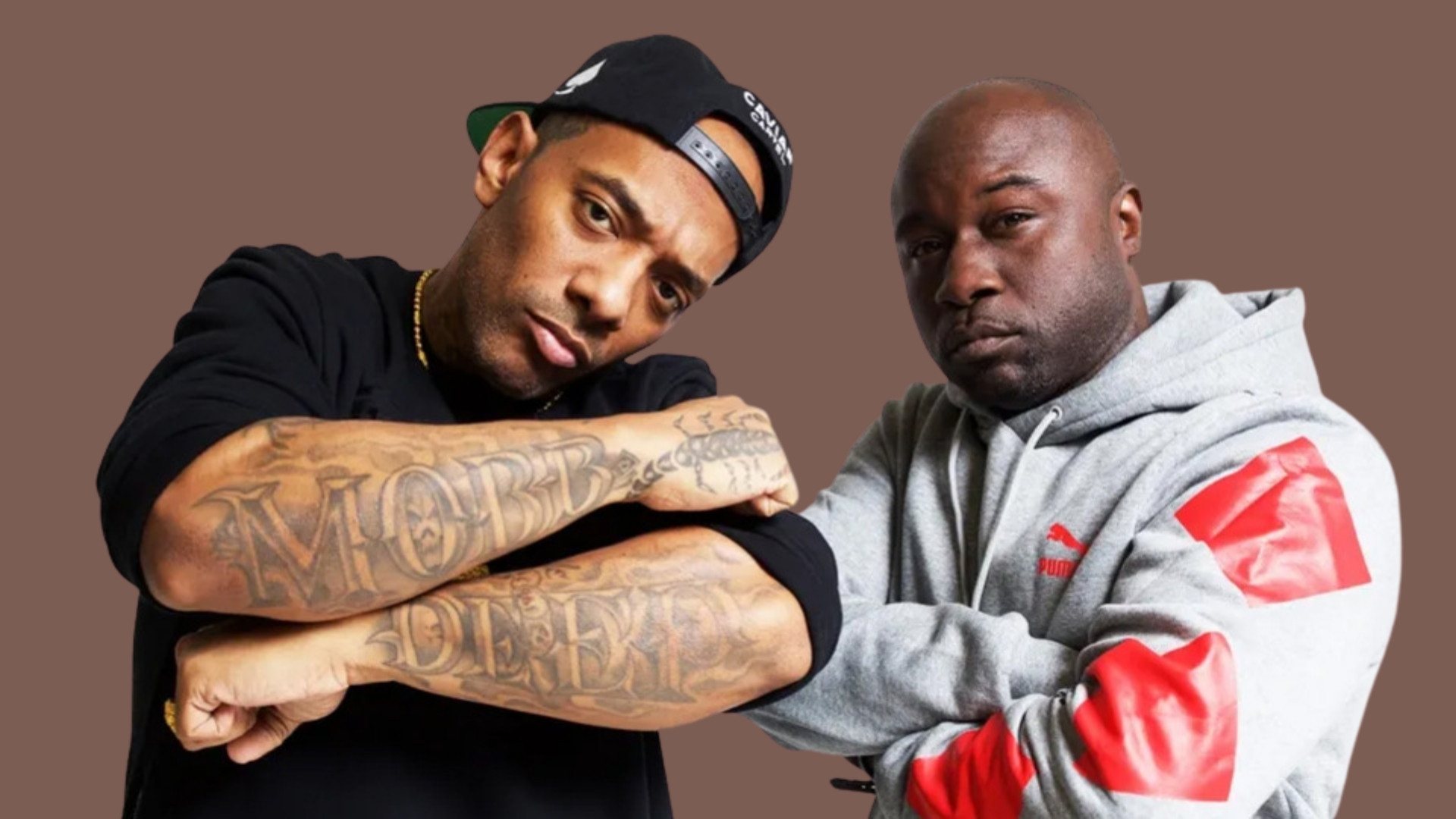He makes his directorial debut with the video for “Devil’s Hand,” which is premiering here.
Turning 50 is a momentous occasion for anyone, but for guitar virtuoso Richie Kotzen, it was a challenge — a challenge to record 50 songs by his 50th birthday.
“I had a lot of material that I’d never released and didn’t know where it fit,” says Kotzen, who got the idea during a solo tour in 2019. “A huge portion of the project] was songs I’d written but never finished — songs with guitar riffs and guide vocals and nothing else, or completed tracks with no lyrics. I went through them and thought, ‘When I get home, I’m going to start finishing them, and if I have 50 compositions that I love, I’ll put out a record on my 50th birthday to tie it all together.’ The reality is there’s way more than 50 and I had to stop myself before I lost my mind.”
The highly ambitious task was successfully completed, and the result is the three-disc 50 For 50, which was released today — Kotzen’s birthday — his own label, Headroom-Inc. The gifted multi-instrumentalist wrote, performed, sang and produced virtually every song. “I get in the studio and start throwing things around, and before I know it it’s done, and I’m the only musician involved. That’s just the way I work,” he says.
Kotzen is likely best known for his stint in the glam-rock band Poison, replacing C.C. DeVille from 1991-1993 — and spent years trying to outrun the shadow of being in one of the biggest bands of the “hair metal” era. While casual fans may know him best as a hired-gun guitarist for the likes of Poison and Mr. Big, the prolific singer-songwriter has 22 solo albums under his belt (since debuting with the self-titled Richie Kotzen in 1989), including his latest.
“During the late ’90s and early 2000s, being associated with Poison was a nightmare,” he admits, noting that most major labels had “moved on” to rap and alternative rock. “The labels had tunnel vision and couldn’t figure out how to market me. So it was a difficult time for me, not because I didn’t make a good record with Poison 1993’s Native Tongue], but because of the perception of the gatekeepers in the music business. They just couldn’t see past it. But once the technology changed and I could release music without a label, everything started to turn in my favor. Now I’m where I should be.”
Indeed, 50 for 50 is a culmination of a 31-year career that weaves through Kotzen’s stylistic approach, incorporating traditional rock, progressive, soul, and plenty of guitar solos. A song that encapsulates the spirit of the album is the winding, seven-and-a-half-minute “Devil’s Hand.” The midtempo lead single, which features a three-minute guitar solo at the end, tackles loss and reflection.
“The lyrics are pretty self-explanatory,” says Kotzen. “Sometimes you just get too caught up in yourself and your own desires and really mess things up. Instead of being happy with what you have and what you’ve accomplished, you create problems out of boredom or greed. I think a lot of people ruin really great things and don’t realize it until it’s too late.”
In the video, which marks his directorial debut, Kotzen himself plays a down-and-out musician who remembers better days. “The video concept is what lead me to release this song first,” he says. “The song really tells a story, and in the last few minutes, it goes on such a journey compared with the typical approach of arranging a song.”
Watch "Devil's Hand" below:
While “Devil’s Hand” is one of the more traditional rock songs on 50 for 50, Kotzen’s influences run the gamut. He name-checks “shredders” Eddie Van Halen, Steve Vai and Steve Morse from the Dixie Dregs as guitar influences and Rod Stewart, Stevie Wonder, George Benson and Bad Company’s Paul Rodgers when it comes to singing. “But the singer who really changed everything for me,” he notes, “was Terence Trent D’Arby. When I heard 1987 debut] Introducing the Hard Line According to Terence Trent D’Arby, I just went crazy. I spent so much time listening to that record, and in my little makeshift studio I would try to copy every single thing he did back then.”
That stylistic scope shines through on the album, although — aside from recording 50 songs for 50 years — there isn’t a musical or lyrical theme connecting the tracks. “It’s really about each composition as its own entity, and each has an important voice helping to define who I am as a recording artist,” he says. “My very first record didn’t even have vocals, so for this record, I found three pieces of instrumental music that focused mostly on the guitar. Then you have songs like ‘Devil’s Hand,’ which is more of what I am known for now. And in between kind of covers a lot of different elements, such as funk and R&B, that’ll make people go, ‘Oh yeah, I forgot Richie was about that.’ ”
Now that 50 For 50 is complete, Kotzen hopes to start working on a new album with The Winery Dogs (which comprises him on guitar and lead vocals, Billy Sheehan of Mr. Big on bass and Mike Portnoy, formerly of Dream Theater, on drums). But for now, Kotzen will be taking his ambitious 50 For 50 project on the road in the United States, starting in mid-June, and then will head to Europe.
When it comes to what he’ll be playing on tour, he says, “Like, oh my God, where do I begin? There’s so much stuff there. But I’m definitely going play songs from the new record mixed in with songs my fan base is already acquainted with.”
There might even be a couple of Poison songs that Kotzen had a hand in writing, like “Stand” and “Until You Suffer Some (Fire and Ice).” “On my last tour, ‘Stand’ was a part of my set," he explains. W"e did it every night, and the crowd really responded by singing along. It’s one of my favorite songs, and there’s no reason not to play it. I don’t think Poison plays it, so I might as well.”


